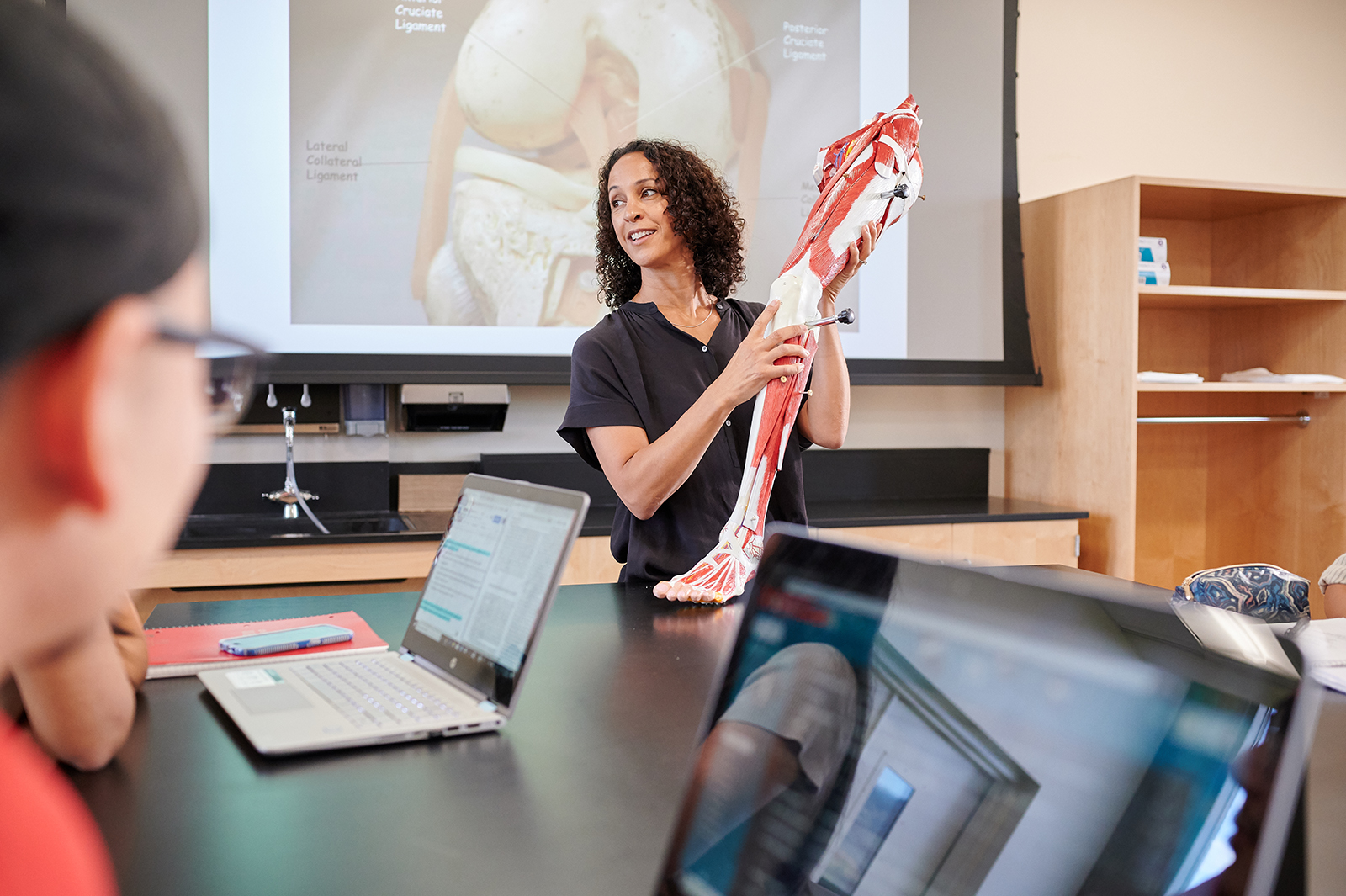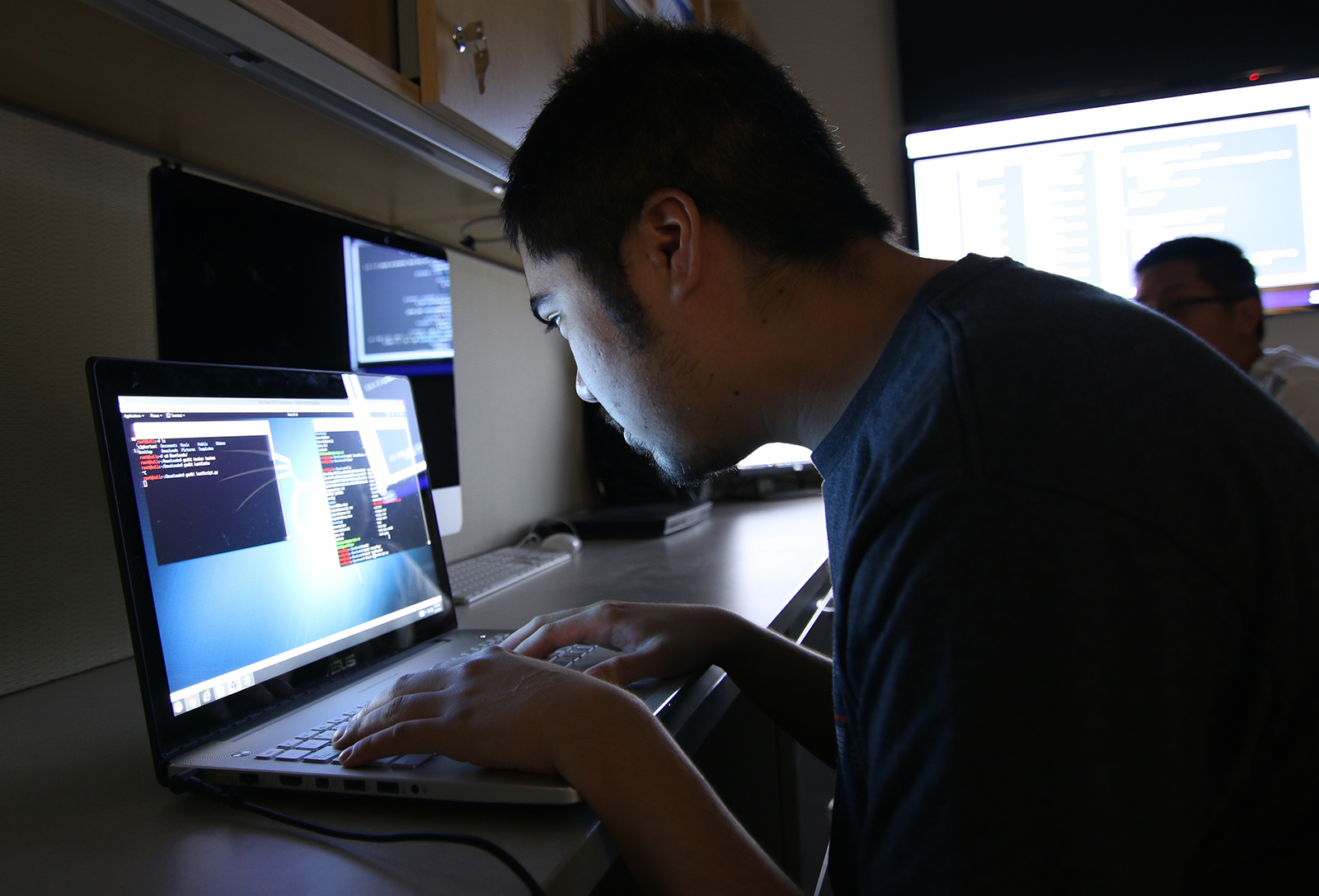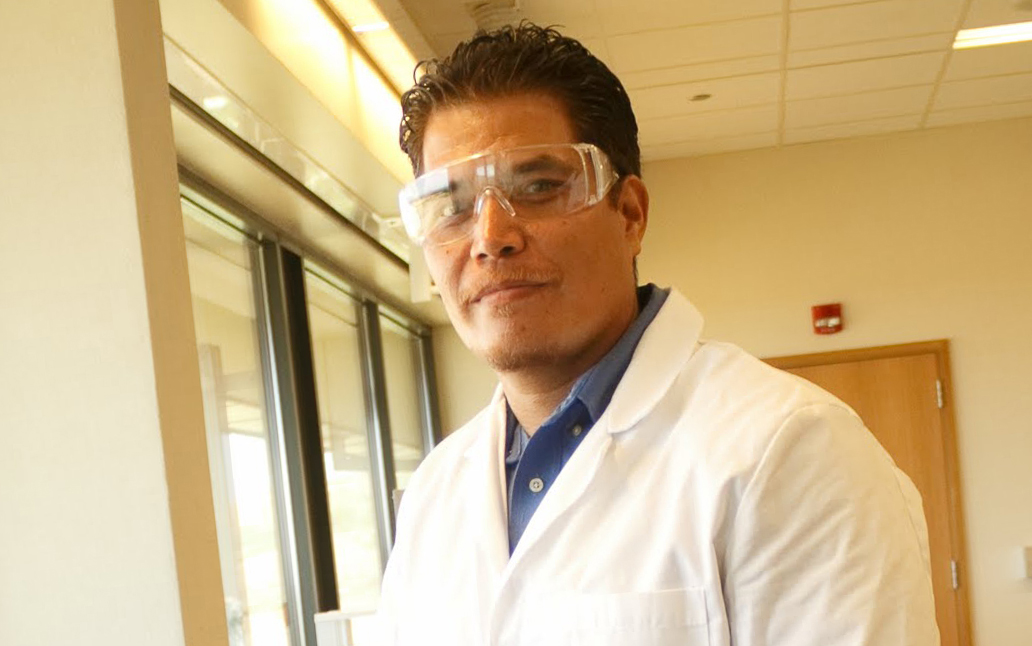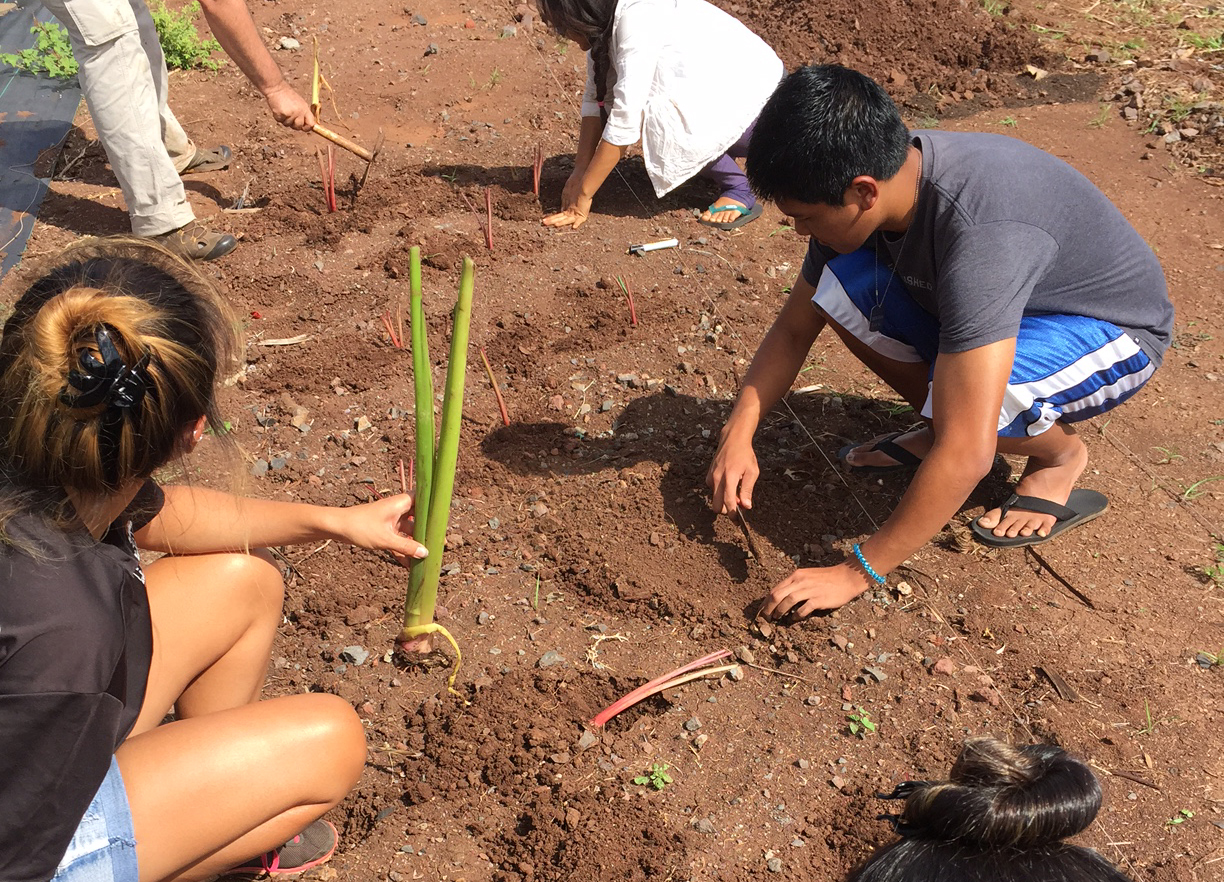Applied Science
The University of Hawaiʻi – West Oʻahu Bachelor of Applied Science degree is designed to prepare students to meet changing standards in a variety of skilled occupations and to address employer needs. Students graduating with a Bachelor of Applied Science degree receive a sufficient grounding in the core applied science coursework, necessary theoretical and specialized knowledge in their concentration area, and general education core and focus requirements.
The Bachelor of Applied Science is structured to meet the academic and professional needs of students who have earned two-year technical or professional degrees (i.e., associate in science) from one of the University of Hawai‘i Community Colleges. UH West Oʻahu has worked with the seven community colleges on special educational agreements that facilitate the transferability of associate in science and associate in applied science degree programs into Bachelor of Applied Science programs. Other concentration areas are being developed in partnership with the community colleges.
All concentrations within the Bachelor of Applied Science degree culminate in a capstone course (senior project or senior practicum) that reflects their area of interest.
Unique classes and programs
Small class sizes foster deep relationships and offer hands-on learning opportunities.
Applied Science Concentrations

Culinary Management
The Culinary Management concentration provides culinary students and those working in the industry with the strong business background needed to excel in the workforce. Students will develop an understanding of the management, marketing, ethical and legal aspects of running a food service operation. The curriculum is designed to supplement Kapi‘olani Community College’s award-winning Culinary Arts program.
Facilities Management
The Facilities Management concentration in the Bachelor of Applied Science program prepares students for professional positions within the built environment sectors.


Hawaiian and Indigenous Health and Healing
The Hawaiian and Indigenous Health and Healing concentration strives to create a pathway for the dissemination of traditional healing knowledge and skills. Training in the Native Hawaiian traditional healing practices will focus on hoʻoponopno (conflict resolution), lomilomi (massage), and lāʻau lapaʻau (herbal medicines).
Health Information Management
The Health Information Management (HIM) concentration equips students with integrated knowledge of technology, management, and medical science. Students acquire skills that provide them with a strong foundation for managing health information and information systems, medical reimbursement processes, and other administrative health data functions.


Health Professions
The Health Professions concentration offers students a focused, effective start to a career in healthcare. The curriculum includes courses in natural sciences, social sciences, and liberal arts, as well as application-based coursework in healthcare. Within Health Professions students have the opportunity to participate in health-related student organizations, gain real-world experience through undergraduate practicums and internships, and conduct undergraduate research with UH West O‘ahu and UH System Faculty and Scholars.
Information Security and Assurance
The concentration in Information Security and Assurance is the first of its kind at a public institution in Hawaiʻi and the Pacific. UH West Oʻahu, in cooperation with University of Hawaiʻi Community Colleges, state and federal law enforcement agencies, state security officials, and local businesses, developed an expansive security education program covering a wide variety of technical and managerial aspects within the field.


Information Technology
The Information Technology program provides students with the skills required to design, develop, deploy and maintain modern business computer systems and applications. When enhanced with a strong business foundation, students also learn the application of general management, critical thinking, communications, and problem solving skills in a technical environment.
Respiratory Care
Respiratory Care involves the treatment of those with asthma, cystic fibrosis, bronchiolitis, lung injury, chronic obstructive pulmonary disease, and other respiratory-related ailments. Those trained in the field evaluate, treat, monitor and aid in the prevention of many breathing disorders.


Sustainable Community Food Systems
The Sustainable Community Food Systems (SCFS) program serves to train new generations of food system professionals to think critically and across disciplinary boundaries to actively solve real-world problems through work in agriculture, policy-making, planning, business, research, health sciences and education.